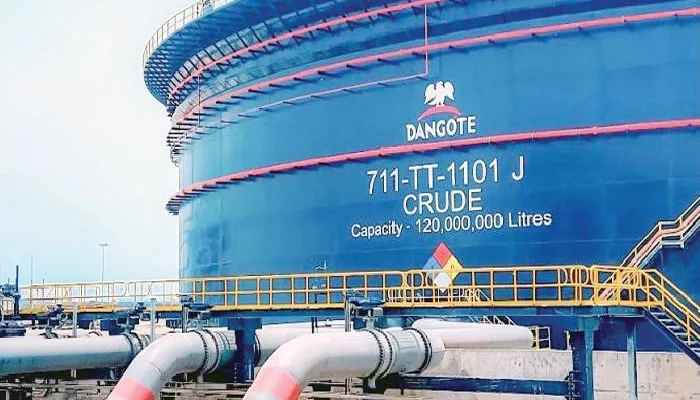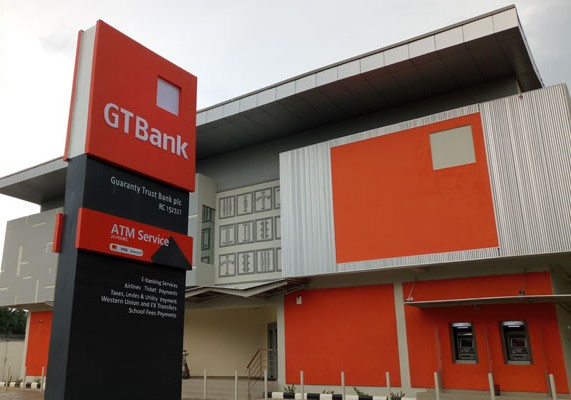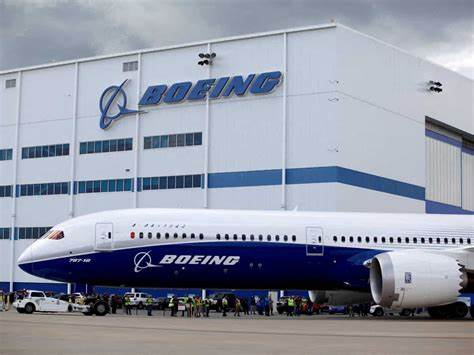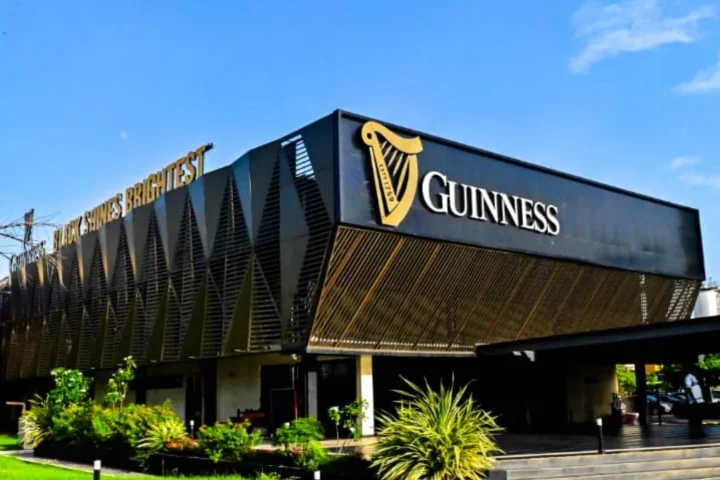Dangote Refinery to Supply Fuel Across Africa
The Dangote Refinery and Petrochemical plant is set to become a major fuel supplier for various African nations, starting with South Africa, Angola, and Namibia.
The 650,000-barrel-per-day facility is in advanced negotiations with these nations, with additional discussions underway with Niger, Chad, Burkina Faso, and the Central African Republic.
Join our WhatsApp ChannelThe refinery aims to position itself as a reliable fuel source, reducing Africa’s dependence on foreign imports.
Ghana and West African Countries Show Interest
In addition to South Africa, Ghana is looking to benefit from Dangote’s operations. Ghana’s National Petroleum Authority Chairman, Mustapha Abdul-Hamid, confirmed that fuel imports from Dangote Refinery could drastically cut Ghana’s $400 million monthly fuel imports from Europe. “Talks are at advanced stages with Ghana, Angola, Namibia, and South Africa, while initial discussions are starting with Niger, Chad, Burkina Faso, and the Central African Republic,” a source familiar with the situation revealed.
The new export operations at the Dangote Refinery could ease supply issues across these African nations, bringing more stability and possibly lower prices in regions heavily impacted by global market fluctuations.
Domestic Marketers Challenge Dangote Refinery’s Pricing
While the Dangote Refinery prepares to become Africa’s fuel hub, some Nigerian marketers remain skeptical. The Independent Petroleum Marketers Association of Nigeria (IPMAN) and the Petroleum Products Retail Outlets Owners Association of Nigeria (PETROAN) voiced concerns over the refinery’s pricing. They claim Dangote’s fuel prices are too high for the Nigerian market and have opted to pursue more affordable fuel import options.
To move forward with these imports, IPMAN and PETROAN have requested foreign exchange access from the Central Bank of Nigeria (CBN) and permits from the Nigerian Midstream and Downstream Petroleum Regulatory Authority (NMDPRA). However, NMDPRA confirmed that import licenses cannot be granted to associations, only to individual marketers, complicating the collective import plans.
READ ALSO: Why We Need Effective Regulation As Dangote Refinery, Marketers Clash Over Petrol Price
Dangote’s Competitive Strategy Draws Criticism
Some local marketers have accused the Dangote Refinery of trying to monopolize the fuel market. PETROAN spokesperson, Dr. Joseph Obele, argued that Dangote’s market dominance is limiting entry for other players. “Dangote aims to close all doors for other suppliers. Once we secure our import permits, Nigerians will see competitive prices that can relieve current market strains,” Obele said. PETROAN believes introducing more competition could lead to a price drop in Premium Motor Spirit (PMS).
Obele expressed frustration over Dangote’s influence, describing it as a barrier to market freedom. He further emphasised that imported fuel from PETROAN’s trading wing would provide quality assurance and affordability, countering Dangote’s stance on fuel quality.
Impact on Africa’s Fuel Market
With Africa’s demand for refined fuel increasing, Dangote Refinery’s export plans signal a shift in regional energy dynamics. By supplying fuel to neighbouring countries, the refinery aims to reduce Africa’s reliance on international suppliers, potentially stabilising prices across the continent.
Countries like Ghana and Angola have historically spent large sums importing fuel from Europe and the Middle East. Dangote Refinery’s entry as a supplier could reduce these costs significantly. “This move could redefine how African countries access fuel and allow them to spend less on imports,” commented an industry expert.
The Dangote Refinery is strategically located in Lagos, Nigeria, making it accessible to various West and Central African markets. By exporting fuel locally, Dangote Refinery could shorten supply chains, reduce shipping costs, and ensure a more resilient fuel supply chain for Africa.
The Future of African Energy Independence
As discussions progress, the Dangote Refinery is set to play a pivotal role in reshaping Africa’s energy landscape.
While challenges remain, particularly with local marketers in Nigeria, the refinery’s broader vision could contribute to energy independence for many African nations.
Emmanuel Ochayi is a journalist. He is a graduate of the University of Lagos, School of first choice and the nations pride. Emmanuel is keen on exploring writing angles in different areas, including Business, climate change, politics, Education, and others.
- Emmanuel Ochayihttps://www.primebusiness.africa/author/ochayi/
- Emmanuel Ochayihttps://www.primebusiness.africa/author/ochayi/
- Emmanuel Ochayihttps://www.primebusiness.africa/author/ochayi/
- Emmanuel Ochayihttps://www.primebusiness.africa/author/ochayi/



















Follow Us